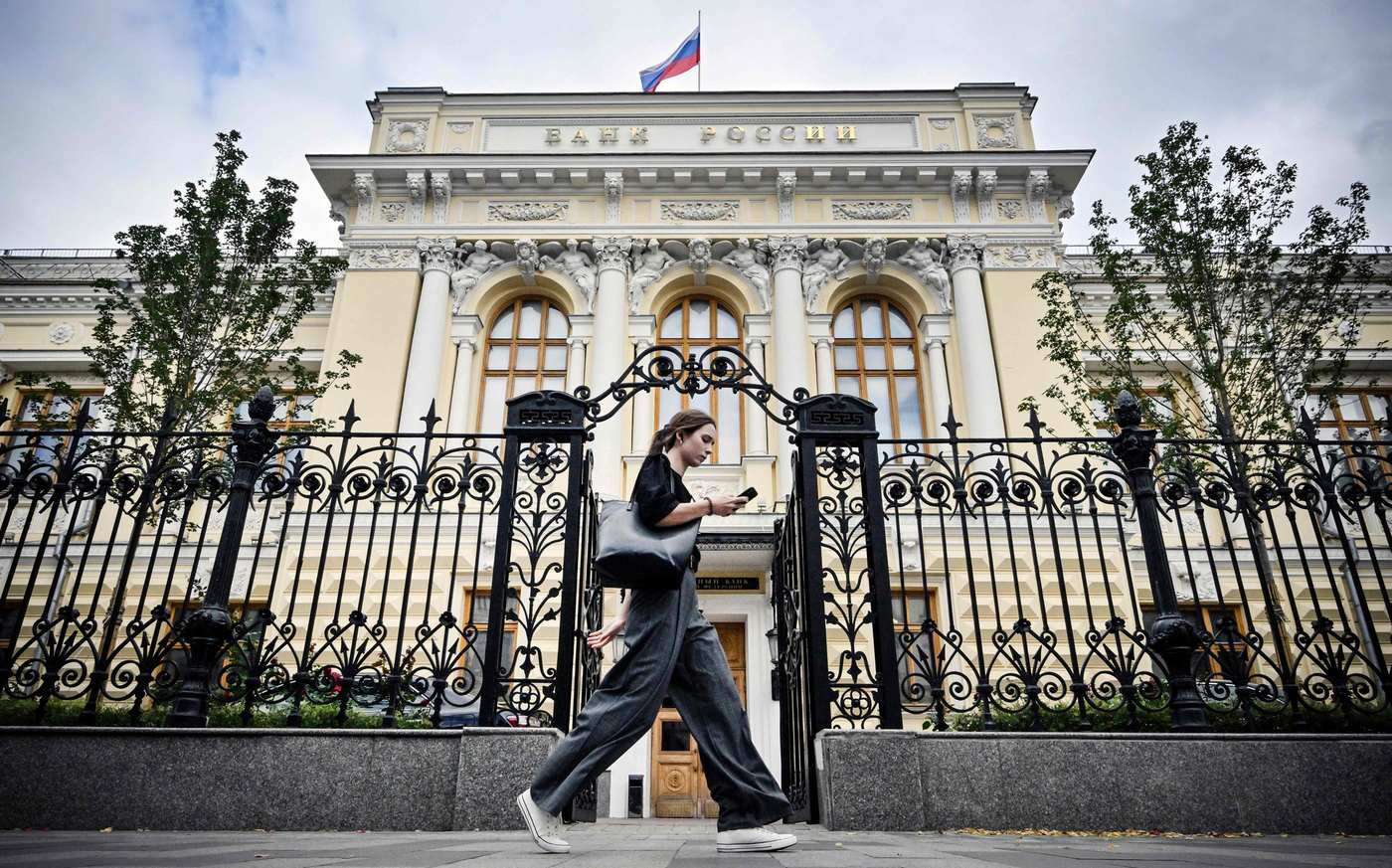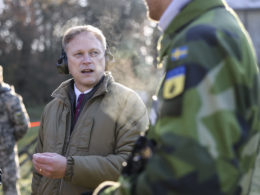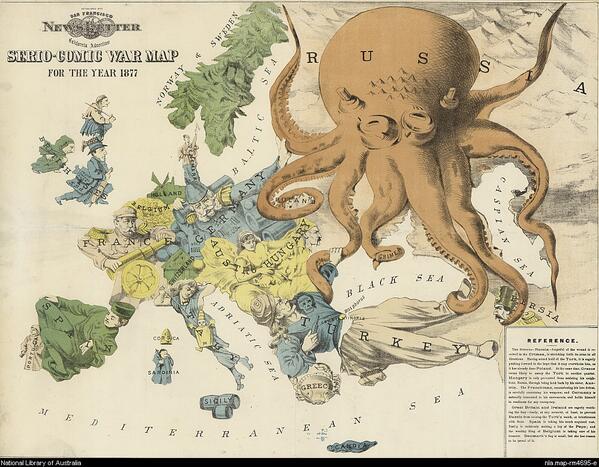On 3 May 2024, the FT published an article claiming that the G7 is no longer considering a full confiscation of frozen Russian assets.
It quoted an official saying, “If there is ever a peace negotiation and Ukraine decides to participate, there might be a situation where Russia demands its frozen assets back and in exchange agrees to make territorial concessions to Ukraine. You can’t do that if you’ve already mortgaged those assets.”
Unfortunately, this statement shows that after two years of Russian genocide of Ukrainians and ten years of war in total, with the failed attempts of a peaceful Minsk settlement that Russia had blatantly violated, some Western officials continue to completely misunderstand the nature of Russian aggression and downplay, either naively or maliciously, Russia's real objectives: to replace the rules-based order with "might is right."
Western officials continue to completely misunderstand Russia's real objectives: to replace the rules-based order with "might is right."
Since the Russian Central Bank's assets, amounting to approximately $300 billion, were frozen in G7 and EU countries in response to the full-scale aggression during its initial days, our partners' default stance until December 2023 was to use these assets as leverage to bring Russia to the negotiating table and compel them to end the war.
However, the US government dramatically shifted its policy and began seriously considering how to utilize these funds to support Ukraine.
Despite the freezing of assets, Russia has shown no inclination to halt their genocidal war against Ukrainians or abandon their ultimate goal of subjugating Ukraine. Instead, they have repeatedly escalated their aggression to relentless terrorism and indiscriminate bombings of civilians, obliterating entire towns and villages using powerful glide bombs, causing significant damage to energy facilities and other civilian infrastructure.
They have transformed Europe's largest nuclear power plant into a military base, kidnapped Ukrainian children, tortured and executed prisoners of war, turned occupied territories into concentration camps, and reeducated the youth in these areas. Furthermore, Russia has employed chemical weapons on the battlefield and committed countless other heinous war crimes.
Moreover, two years of escalation management by Western partners inadvertently provided Russia with the time to fortify the alliance of tyrannies that unites Iran and North Korea, with the increasing involvement of China, which continuously aids Russian aggression and flexes its muscles globally to test Western red lines.
Emboldened by weakness and indecisiveness, Russia is now openly carrying out and plotting more sabotage on NATO soil in Europe.
Russia can afford the war, as its economy is in full wartime mode and experiencing solid economic growth, with a 3.6% increase in GDP in 2023. According to estimates by the Centre for Research on Energy and Clean Air (CREA), throughout the full-scale war, Russia earned €676 billion in revenue from fossil fuel exports, with European Union countries purchasing almost one-third of this amount, equaling more than €193 billion.
Emboldened by weakness and indecisiveness, Russia is now openly carrying out and plotting more sabotage on NATO soil in Europe.
Considering Russia's substantial revenues and economic performance, why would $300 billion in frozen assets be of any incentive for Russia to withdraw from the already occupied territories?
This leverage could have been effective only if the Russian war machine had been bankrupted, but that has not occurred due to the weak and incremental nature of Western sanctions. Moreover, despite their threats and blackmail, Russian officials privately acknowledge that these assets are "all but lost," as reported by Reuters, further diminishing their value as a potential incentive.
It is important to remember that G7 countries committed to keeping the assets frozen not only until the war ends but also until Russia pays reparations. Currently, the damages amount to $486 billion, significantly exceeding the value of frozen assets.
The only scenario in which the West would be compelled to return these assets to Russia without the aggressor compensating for the damages would be Ukraine's defeat. If this were to happen, Europe would face security challenges unseen since 1938.
Given the extraordinary threats Ukraine's partners would face, it is high time they stop engaging in self-deterrence and start assessing the risks associated with delays and inaction. Hoping that frozen assets will incentivize the aggressor to leave Ukraine, while Russia remains confident in its ability to completely take over our country, is nothing short of shortsightedness.
Ukraine is bleeding in its defense of the free world against the second-largest army, while our partners are preoccupied with protecting Russian assets instead of utilizing them to save countless lives. As we enter the third year of this genocide, the time has come to finally change our priorities.
Editor's note. The opinions expressed in our Opinion section belong to their authors. Euromaidan Press' editorial team may or may not share them.
Submit an opinion to Euromaidan Press
Related:
- Russia must pay: US paves way for historic confiscation of $ 300bn in reparations for Ukraine
- Why Ukraine’s battle is crucial for dismantling the global “axis of evil”





